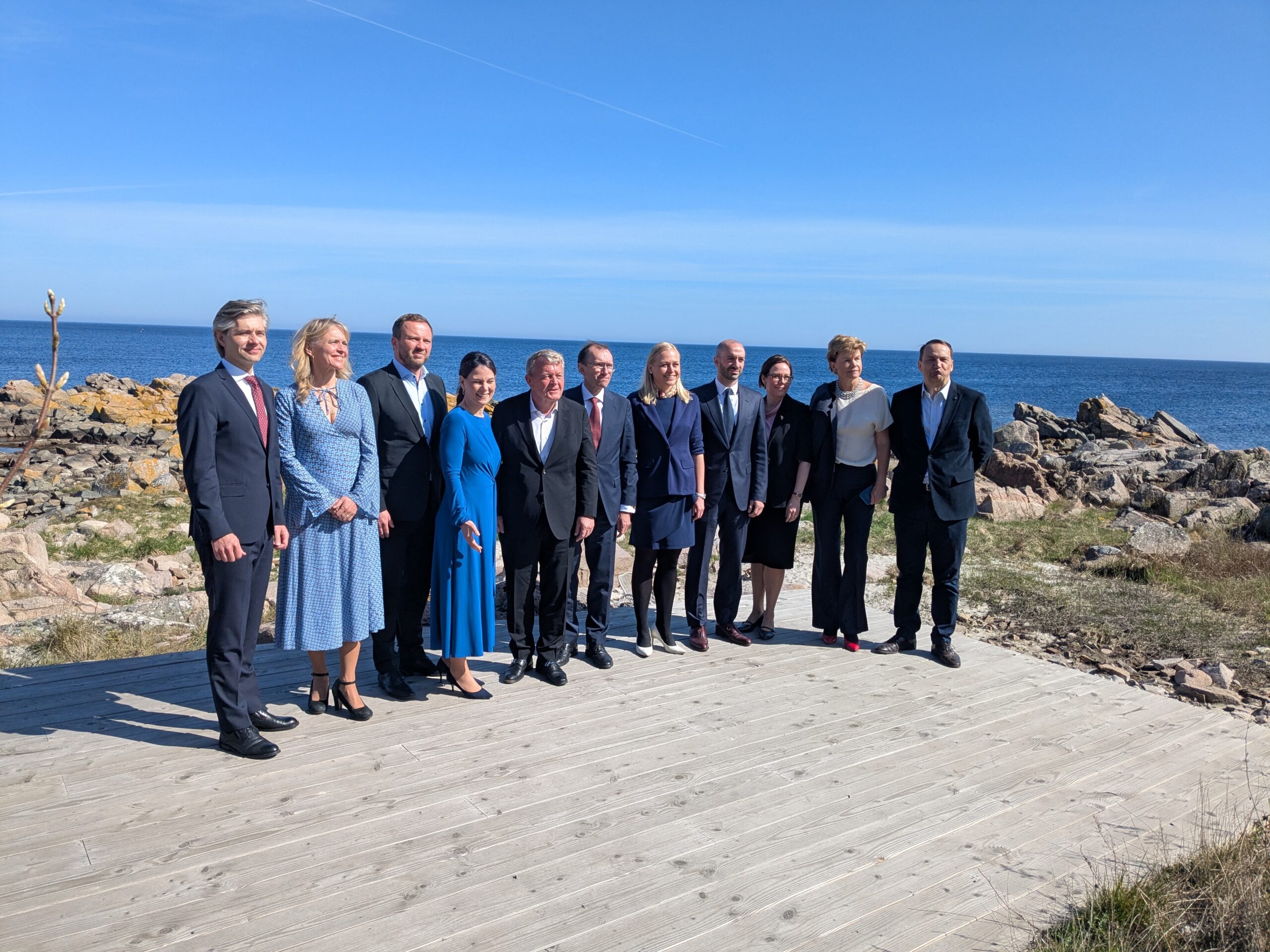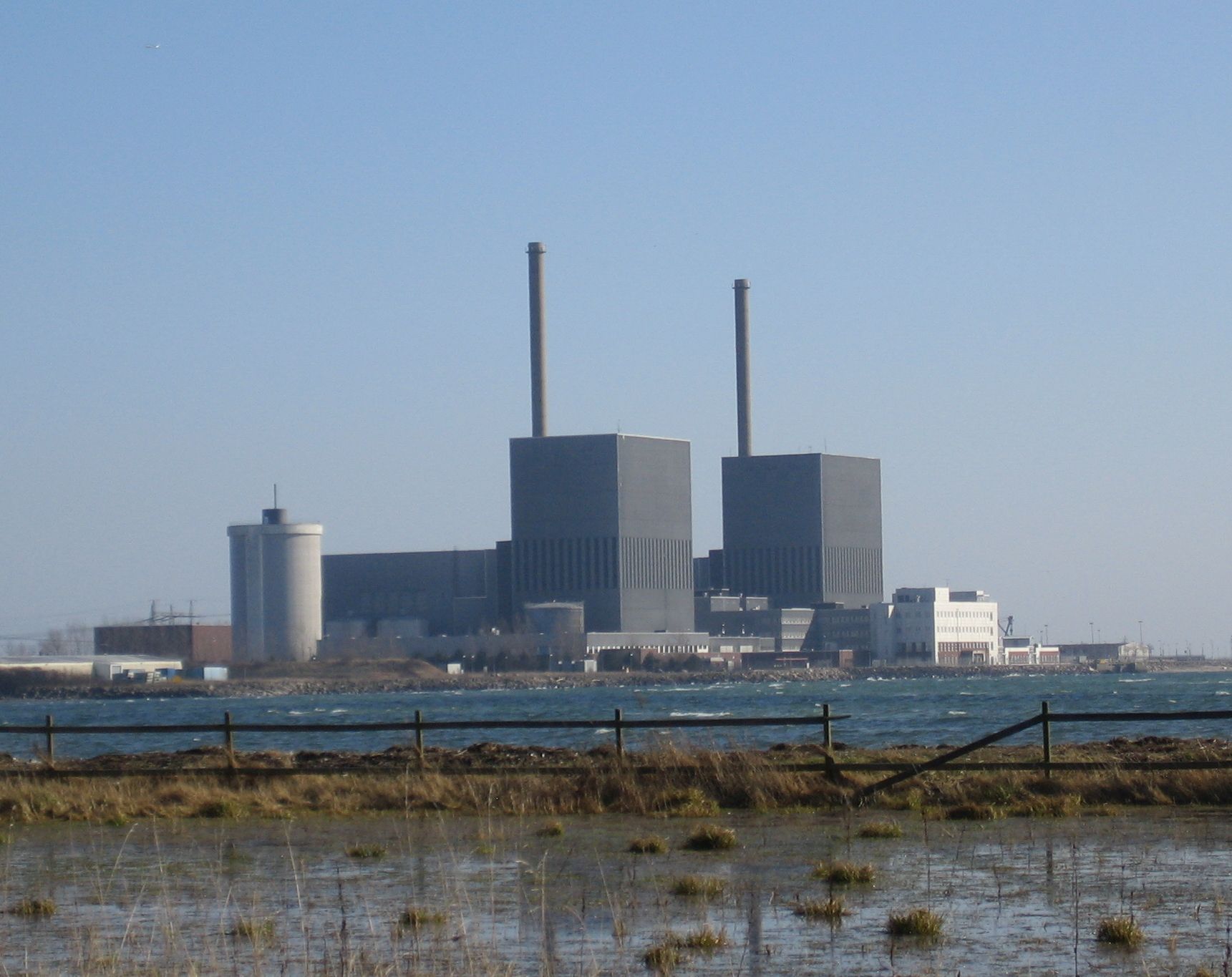PM Mette Frederiksen is potentially facing an impeachment trial over her controversial decision in early November to cull all the mink in the country, which retrospectively turned out to be an illegal order.
On Thursday, a citizens’ proposal that wants the PM to be held accountable in the Supreme Court reached 50,000 signatures – the necessary number for it to be heard in Parliament.
If MPs should pass it, which is thought unlikely should the government’s left bloc allies support the PM, Frederiksen could soon be appearing before a judge.
Two lines of attack
In December, Parliament set up a commission of inquiry to determine the role of the PM in the mink case.
And this too could lead to the PM standing before a judge in the near future.
The timeline of both courses of action is currently unknown, as is the future regarding the current coronavirus restrictions, which are currently in place until February 7.
However, the PM has this afternoon confirmed there will be a press conference at 18:00 today, where she is expected to extend them by another three weeks until February 28 – mainly due to the threat of the British variant of the coronavirus.
Sending a signal
Jesper Thygesen, a mink breeder who helped to formulate the citizens’ proposal, told TV2 it was about sending a signal to the PM that everyone should be held accountable for their actions.
On November 4, the PM told the nation that all mink should be culled due to fears they could spread a mutated variant of the coronavirus, Cluster 5.
Subsequently, it turned out there was no legal basis for the order, and since then the opposition parties have been seeking ways of holding her accountable.
Minkgate has already cost one of Frederiksen’s cabinet his job, the food minister Mogens Jensen, who resigned in mid-November.














